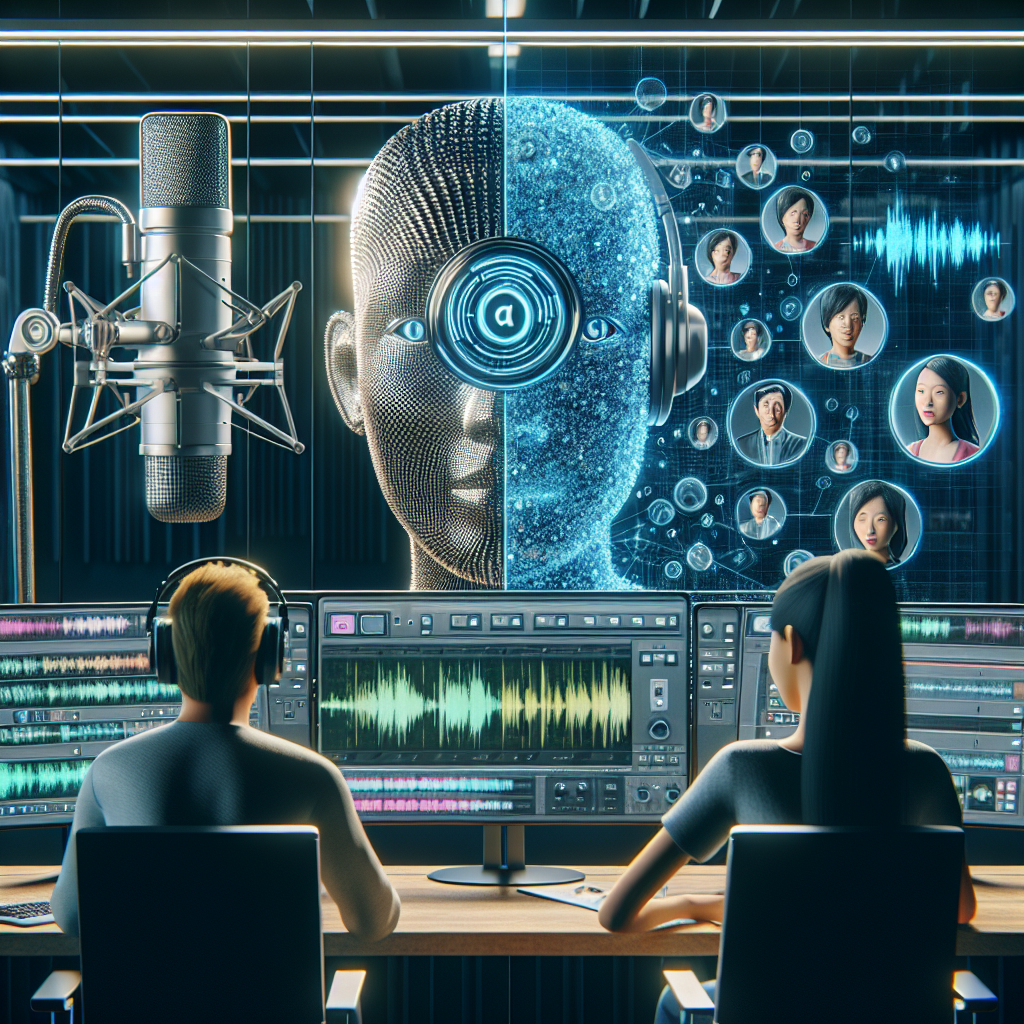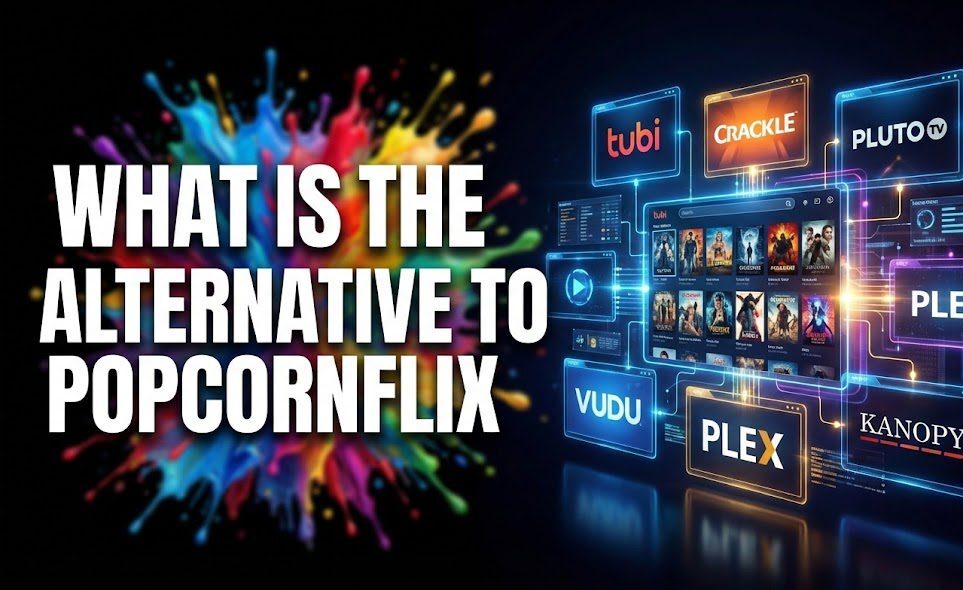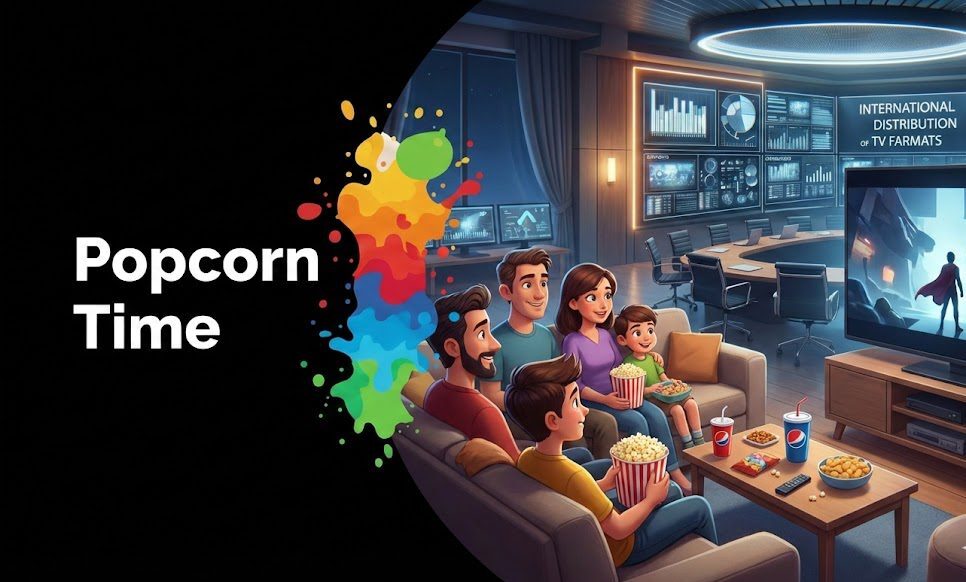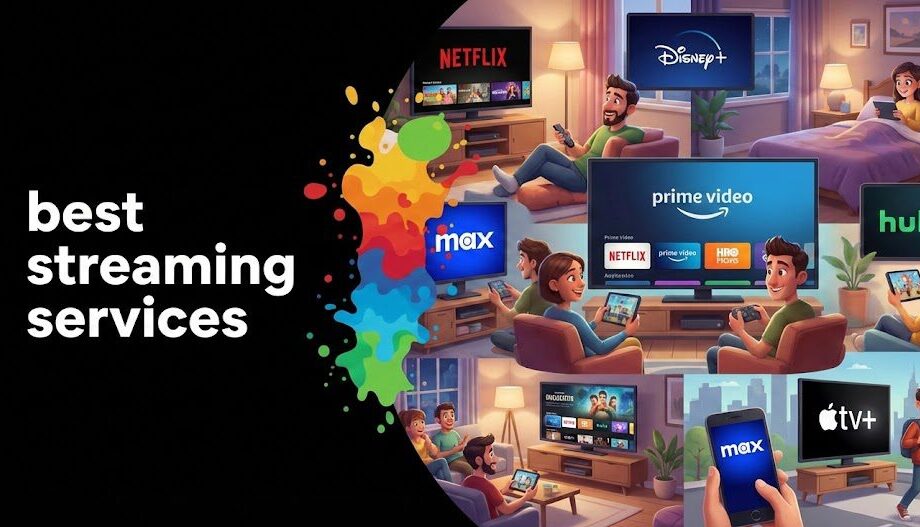In today’s fast-paced and ever-evolving entertainment industry, the rise of artificial intelligence (AI) in dubbing is revolutionizing the way content is created, distributed, and consumed. As technology continues to advance at a rapid pace, industry professionals must adapt to stay ahead of the curve and leverage these innovations to enhance their workflows and improve the overall viewer experience.
Introduction
Have you ever wondered how technology is transforming the entertainment industry? From streaming platforms to broadcast networks, AI-powered dubbing solutions are changing the game for content creators, distributors, and executives alike. In this article, we will explore the rise of AI in dubbing and its impact on the entertainment landscape, specifically targeting key personas such as Content Acquisition Executives, Production House Executives, Localization Heads, and more.
The Benefits of AI in Dubbing
As the demand for localized content continues to grow globally, AI-powered dubbing solutions offer a cost-effective and efficient way to produce high-quality dubbed versions of original content. By automating the dubbing process, these technologies can significantly reduce production timelines and costs, allowing content creators to reach new audiences in multiple languages quickly and seamlessly.
Seamless Dubbing for Every Market!

Real-World Examples
One prime example of AI in dubbing is the use of neural machine translation (NMT) algorithms to generate accurate and natural-sounding translations for dubbing scripts. By analyzing vast amounts of data and learning from human feedback, NMT systems can produce translations that are indistinguishable from those done by human translators, saving time and resources for production houses and localization teams.
Transform Dialogue, Captivate Audiences!

Key Takeaways
– AI in dubbing is revolutionizing the way content is localized and distributed globally.
– Neural machine translation algorithms are transforming the quality and efficiency of dubbing scripts.
– Industry professionals must embrace AI technologies to stay competitive in the evolving entertainment landscape.
FAQs
Q1: How does AI in dubbing compare to traditional dubbing methods?
A: AI-powered dubbing solutions offer faster turnaround times, lower costs, and higher accuracy compared to traditional dubbing methods.
Q2: Are AI dubbing solutions customizable to specific languages and accents?
A: Yes, AI technologies can be trained to recognize and reproduce a wide range of languages and accents to suit the needs of different markets.

































